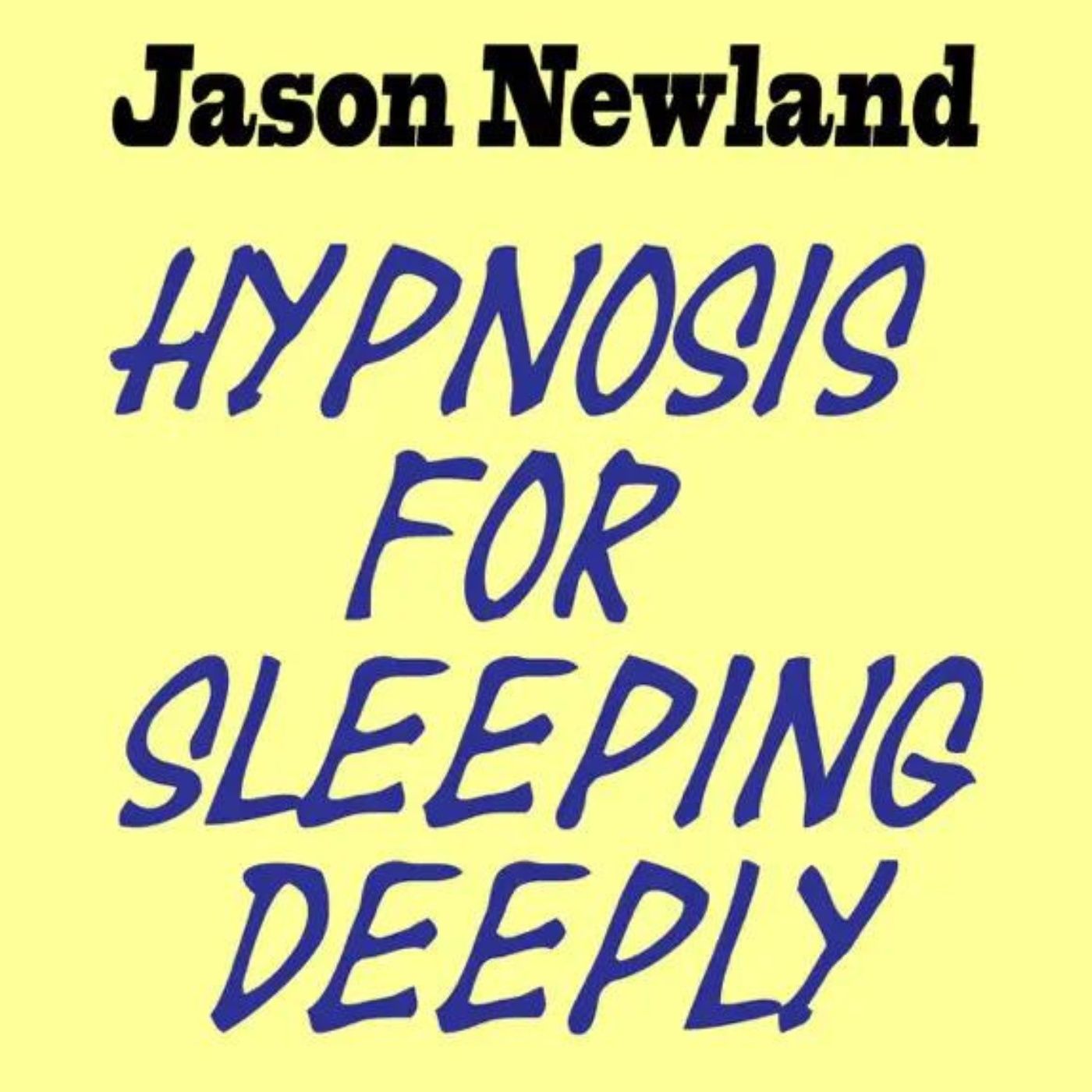The Intersection Of Law, Health, & The Environment: Vito Buonsante On Building A Toxin-Free Future
Why a Global Plastics Treaty Matters: plastics life cycle reduction and chemical detoxification
This episode explores the urgent need for a global solution to plastic pollution, focusing on lifecycle controls, toxic additives, and the international negotiations to craft a plastics treaty. Vito Buonsanfe of IPEN explains how plastics are more than litter: they are chemical carriers, regulatory challenges, and a growing public-health concern.
From human rights law to toxic pollutants: the legal perspective on plastics policy
Buonsanfe describes how environmental law connects to human rights, using cases from Europe and his work with ClientEarth to illustrate how legal transparency—like revealing chemical producer names under REACH—creates accountability. Weak regulation and enforcement in many low- and middle-income countries fuels unequal pollution burdens and cross-border waste dumping.
Microplastics and chemical vectors: why small particles create big problems
The conversation highlights microplastics as ubiquitous contaminants: found in drinking water, remote mountain peaks, and human blood. Plastics fragment into millions of particles that carry persistent toxicants, turning otherwise degradable chemicals into long-range pollutants and complicating cleanup efforts.
Production, petrochemicals, and a looming plastics expansion
As climate policies reduce fuel markets, the fossil fuel industry may pivot to plastics production. Buonsanfe warns of a projected tripling of plastics by 2060 absent strong treaty measures. This petrochemical shift would dramatically increase raw-material extraction and toxic plastic additives unless production and formulations are reined in.
What the treaty could do: lifecycle controls, chemical phase-outs, and capacity building
The proposed UN plastics treaty aims to address production, design, and disposal across the lifecycle. Key priorities include reducing production, eliminating hazardous additives, improving transparency, and supporting enforcement and technical capacity in vulnerable countries. NGOs like IPEN amplify voices from lower-income regions to ensure equity in negotiations.
Where to learn more and take action
For reliable resources, Buonsanfe recommends IPEN and UNEP materials, plus scientific reviews from organizations like the Endocrine Society that summarize health effects of plastic-associated chemicals. Public engagement—advocacy for lifecycle policies, transparency, and funding for enforcement—will shape whether a final treaty can prevent a plastics and toxic-chemicals escalation.
Bottom line: Recycling alone won’t fix plastics. Policy must target production, toxic formulations, and global accountability to stop microplastics and chemical contamination.




